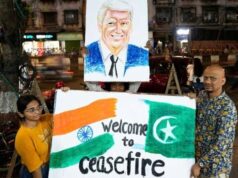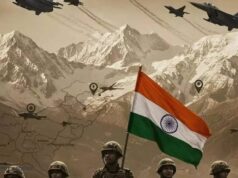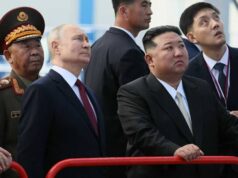After Vacation of Chagos, Will UK leave Occupied Islands ?
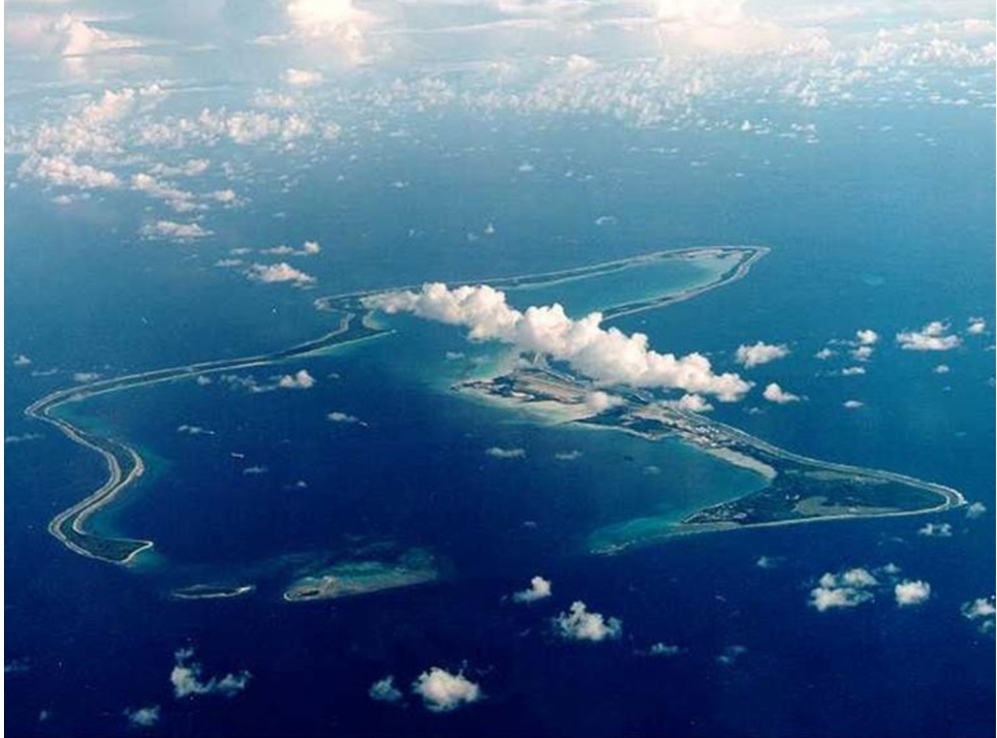
Diego Garcia, the largest island in the Chagos archipelago
The UK finally saw reason and handed over te sovereignty of the Chagos Islands to Mauritius after decades of encouragement by India and negotiations with Mauritius.
A much better way to leave, than being thrown out. The Indian Ocean archipelago had been grabbed by British and turned into a British island territory, for over half a century. They had “ moved out” of India in 1947 but kept clinging to these Islands.
However even after the return of Chagos, a deal has been made that stipulates that the strategically significant Diego Garcia US military base will remain in place ( with small insignificant UK garrison too ) and under US control – thought to be a major factor in securing the agreement.
A joint statement from Keir Starmer and Mauritius prime minister Pravind Jugnauth said: “This is a seminal moment in our relationship and a demonstration of our enduring commitment to the peaceful resolution of disputes and the rule of law.”
“In resolving all outstanding issues between the United Kingdom and Mauritius, the treaty will open a new chapter in our shared history, one which will continue to be based on mutual respect and trust as close Commonwealth partners committed to the security and prosperity of the Indian Ocean Region.”
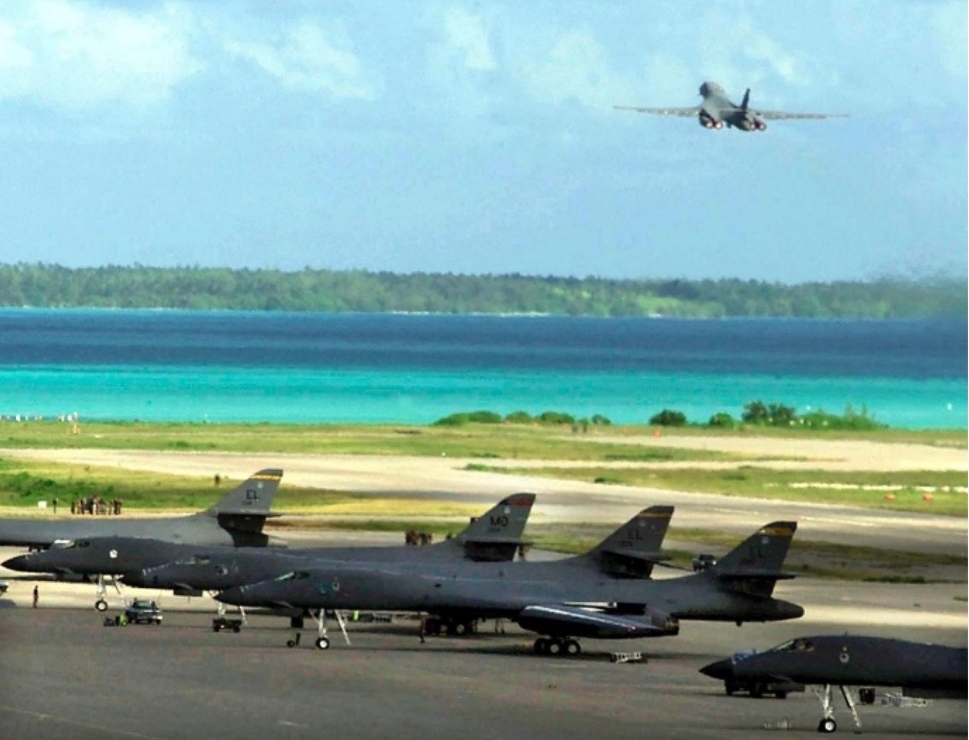
A US bomber takes off from the Diego Garcia military base
The move has provoked some criticism from Labour opponents. MP and Tory leader candidate James Cleverly called Keir “weak, weak, weak.” It was later revealed that he had kicked off the negotiations as foreign secretary in 2022.
The handing has also raised questions about the future of the other British Overseas Territories, which are located all over the world.
These are the island nations which are historically linked to the grabbing by UK when Europeans including Brits were pirating around the world, in 16th Century, planting their flags on “discovered” lands. All these island territories have the British monarch as the head of state.
Today, the UK must support any of the 14 such Islands to achieve independence if its population chooses to, as per the UN Charter. This is a complex and ongoing issue, fiercely debated both in the UK and amongst the population of the territories.
Perhaps most hotly contested is the Falkland Islands. Located off the coast of Argentina, this archipelago – also called Islas Malvinas – was grabbed by Britain dating back in the 1700s.
Authorities between the Malvinas and Argentina have responded differently to the Chagos Islands deal. In a public statement, the Malvinas Islands legislative assembly said: “The people of the Falklands have freely chosen our political status as a self-governing British Overseas Territory”.
“I would like to reassure you that the legal and historical contexts are very different,” added the British -appointed Governor Alison Blake, “the UK will not agree to anything that runs the risk of jeopardising sovereignty in other Overseas Territories”
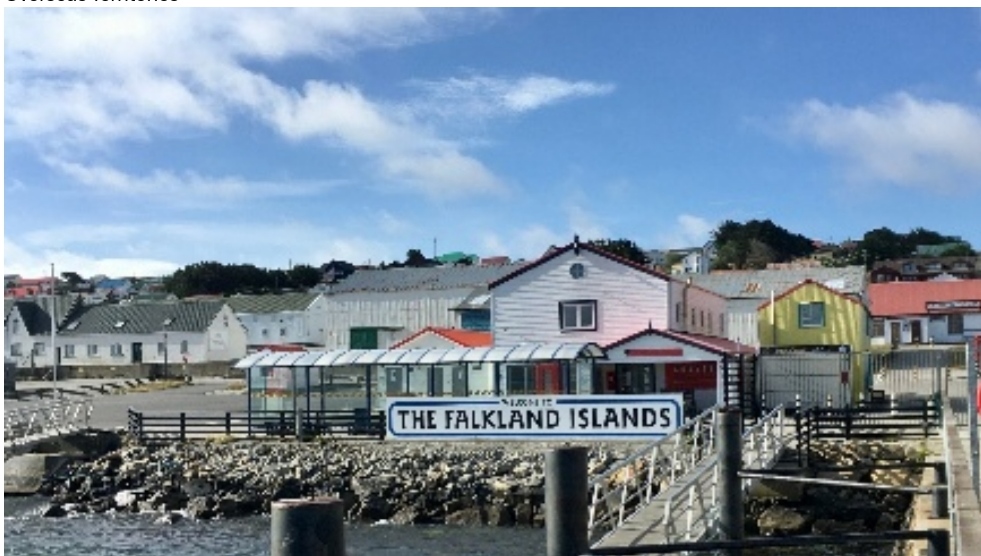
Port Stanley, the capital of the Falkland Islands (Henry Jones/PA) (PA)
However, responding to the deal, Argentina’s foreign minister Diana Mondino said on Twitter / X: “We welcome this step in the right direction and the end to outdated practices.”
“The Malvinas were, are and will always be Argentine,” she added, promising “concrete actions” in the future.
Malvinas was turned into a British colony in 1841. Argentina launched a campaign to reclaim the islands in 1982, sparking the ten-week Falklands War. Around 650 Argentinian military deaths were recorded in the conflict, compared to 255 British.
After 74 days, Britain resumed control of the Island when Argentina officials formally surrendered.
However, the country maintains its right to the land to this day.Perhaps the key contributing factor that prevents the Malvinas from renouncing its status as a British territory is the will of the “population” settled there by the British.
In 2013, Islanders were given the chance to vote on the matter, with 99.8 per cent voting to do so on a 92 per cent turnout, representing around 1,500 people.
Other large British Overseas Territories include the Cayman Islands, Bermuda, Gibraltar, the British Virgin Islands and Anguilla.
Although debate about decolonisation and sovereignty continues, most of these nations do not look set to change hands anytime soon.
This is largely because the nations operate with high levels of autonomy, whilst also benefitting from statutory protection and economic relationships with the UK.
However with dwindling British resources and vanishing British influence, how long can this continue ?

